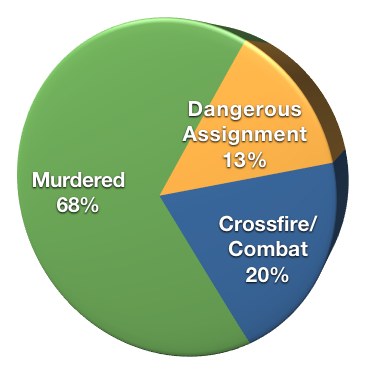A federal appeals court today said New York Times reporter James Risen is not shielded by reporters’ privilege and must testify whether a former CIA official was a source for his book.
“There is no First Amendment testimonial privilege, absolute or qualified, that protects a reporter from being compelled to testify by the prosecution or the defense in criminal proceedings about criminal conduct that the reporter personally witnessed or participated in, absent a showing of bad faith, harassment, or other such non-legitimate motive, even though the reporter promised confidentiality to his source,” the ruling from the U.S. Court of Appeals in Richmond, VA said.
A lower court had blocked the government from asking Risen to confirm that Jeffrey Sterling was a source for his book “State of War: The Secret History of the CIA and the Bush Administration.” Sterling has been charged under the Espionage Act, accused of leaking secrets.
In a dissent on the privilege issue, Judge Roger Gregory wrote he found it “sad” that the court had veered from precedent. He continued:
“Under the majority’s articulation of the reporter’s privilege, or lack thereof, absent a showing of bad faith by the government, a reporter can always be compelled against her will to reveal her confidential sources in a criminal trial. The majority exalts the interests of the government while unduly trampling those of the press, and in doing so, severely impinges on the press and the free flow of information in our society. The First Amendment was designed to counteract the very result the majority reaches today.”
Just yesterday, Risen’s lawyer Joel Kurtzberg wrote to the appeals court to say that new Justice Department guidelines on the media exempt from Risen from testifying, NPR reported.
Kurtzberg this morning told the New York Times, “We are disappointed by and disagree with the court’s decision. We are currently evaluating our next steps.”
Steven Aftergood, who writes the Secrecy News blog, wrote this morning that the ruling has “ominous implications for national security reporting.”
He noted that there is “a permanent tension, if not an irreconcilable conflict, between a free press and the operations of national security. The tension can be managed by the exercise of prudent self-restraint on both sides. . . .But the tension can also be exacerbated, as in the present case, perhaps to a breaking point.”
Read the Ruling (PDF) | Bloomberg Story | Aftergood Story | NY Times Story




 The
The